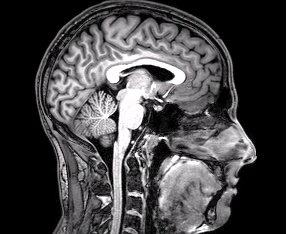For the longest time, it was thought that beta-amyloid plaque buildup was the cause of Alzheimer’s. According to a new study from the University of California San Diego School of Medicine and the Veterans Affairs San Diego Healthcare System, that may not be the case. Instead, the study is saying that it does have an association of the disease, but may not be the cause.

Could Beta-Amyloid Plaque Not Be the Cause of Alzheimer’s?
The study had 747 participants with different levels of cognitive health. They agreed to have neuropsychological assessments, PET, and MRIs.
305 participants were considered cognitively healthy, 289 had mild cognitive impairment, and 153 had Obj-SCD. This stands for “objectively-defined subtle cognitive difficulties.” Researchers define this as a measurement of experienced, subtle cognitive functioning problems that happen without any apparent brain damage.
Beta-amyloid did build up faster in those with Obj-SCD. They also had a thinning of brain matter in a region that has to do with memory.
Though while people with mild cognitive impairment had more beta-amyloids at the beginning of the study, the protein actually didn’t build up any faster than in those who are cognitively healthy.
What does this mean?
It means that changes in the brain could be happening before amyloid builds up in any significant way. It means that the focus of scientists should be on other treatment targets. Changing targets mean more studies can be done on less expensive biomarkers.
Read more here.

